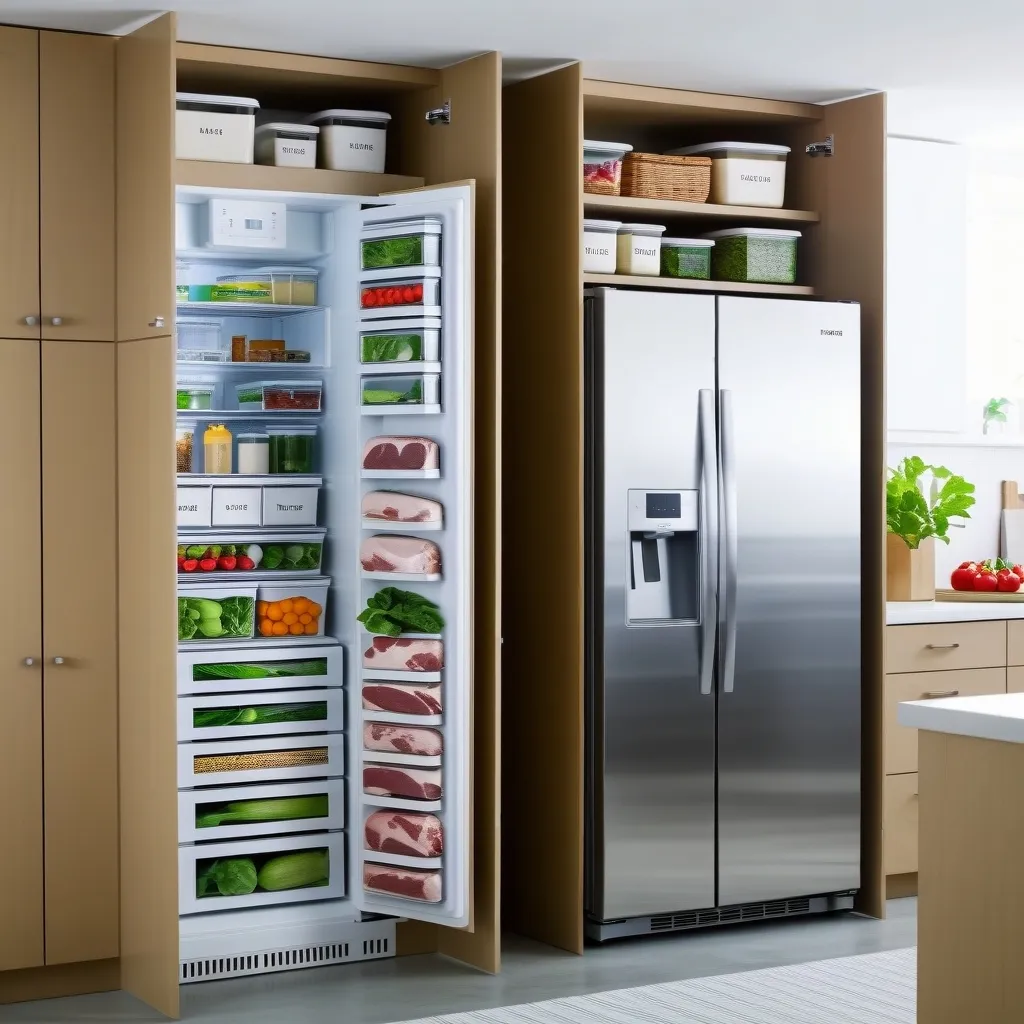When it comes to relationships, quality versus quantity of time spent together is always a hot topic. Whether it’s romance, family, or friendships, everyone has their own spin on what’s more important. Spending a lot of time with someone might sound great, but let’s dive into why quality trumps quantity when it comes to building strong and lasting bonds.
Quality time is all about genuinely being present and engaged with the people you care about. It’s not just clocking hours together; it’s about how you use that time. Take this scenario: every Saturday night is movie night. Sounds perfect, right? But if you’re just sitting there with minimal interaction, it doesn’t really rate high on the quality scale.
In any relationship, quality time can ward off feelings of loneliness and disconnect. Imagine sitting next to your significant other yet feeling like you’re just roommates. This often happens when you prioritize quantity over quality. When you’re deliberate about the time you spend together, you’re able to build deeper emotional intimacy, stronger communication, and a whole lot more trust.
Being thoughtful with your time means you’re not just going through the daily grind without a second thought. It’s about creating meaningful experiences and traditions together, small or big. Maybe it’s planning an adventurous weekend getaway, or enjoying quiet nights featuring deep conversations and affection. The essence is that both people view this as quality time.
Let’s say a couple decides to have a weekly dinner date and turns off their phones to truly focus on each other. This simple act of intent can do wonders for their bond, creating lasting memories. It’s about finding the sweet spot between the amount of time you have together and the quality of that time.
When one person in the relationship craves more quality time but the other doesn’t, it can spell trouble. This mismatch can trigger friction and disharmony. It’s essential for both people to invest equally in enriching the relationship. If one person is always seeking more meaningful moments and the other isn’t on the same page, it can lead to feelings of frustration and isolation.
On the flip side, when both partners prioritize quality time, the relationship often blooms because a deeper connection forms. This bond is the secret sauce for maintaining a happy and healthy relationship.
Introverts often lean towards quality over quantity in relationships. They may have fewer friends or romantic partners, but these relationships run deep. For introverts, juggling too many friendships can be exhausting. They’d rather invest time in a few close relationships than spread themselves thin.
But this isn’t exclusive to introverts. Many find that having a smaller, more intimate circle of friends and family members allows for deeper connections. It’s all about valuing depth over breadth in relationships.
Social media has thrown a wrench in how we perceive quality relationships. We start judging our connections based on likes, comments, and follower counts. However, this can be deceptive. A parent posting happy family photos might not actually have a great relationship with their child if they’re ignoring them in real life.
True quality in relationships isn’t about what appears on the surface; it’s about genuine interactions and connections. It’s about being present and engaged, not just existing in the same space.
Quality time helps build traditions and memories that stick. When you’re intentional about the moments you share, you create experiences that last a lifetime. This could be yearly family trips or weekly dinner nights. The key is to make these moments matter.
For instance, a family might have a weekly game night where they play board games and share stories. Such simple traditions foster a sense of unity and closeness that beats just spending time together.
Balancing quality and quantity is crucial. While it’s vital to have quality moments, being together frequently also matters. Some couples might live together and have lots of time at their disposal but still ensure they have special date nights for in-depth conversations.
Striking this balance is key to a thriving relationship. It’s not about favoring one over the other, but blending both seamlessly into your life. This way, you can keep your relationship satisfying and strong.
In conclusion, quality time is the backbone of any meaningful relationship. Sure, spending a lot of time together is important, but it’s the quality that counts. By being deliberate, present, and engaged, you create deeper connections, better communication, and lasting memories with those you care about.
So the next time you plan to hang out with loved ones, remember: it’s not just about how much time you spend together but how well you spend it. Make every moment count, and watch your relationships grow richer and more fulfilling.






